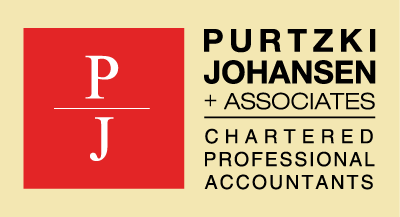 After waiting more than two years without a Federal Budget, there was a lot of angst among taxpayers fearing Draconian tax measures to help pay for the ballooning deficit.
After waiting more than two years without a Federal Budget, there was a lot of angst among taxpayers fearing Draconian tax measures to help pay for the ballooning deficit.
The good news is that the 724 pages of yesterday’s budget did not contain the items we were most worried about: the increase in the capital gains tax rate, a tax on the principal residence and a wealth tax.
These items are not off the table and will likely show up in future budgets after the next election.
Here are the highlights:
- Covid support for small business.
The budget proposes to extend to September 25 the Canada Emergency Wage Subsidy (CEWS) and the Canada Emergency Rent Subsidy (CERS). The subsidy rates for CEWS and CERS would gradually decrease over the July to September period. As of July 4, only employers with a decline of more than 10% of revenues would be eligible for the subsidies.
- New Hiring Incentive.
As the wage subsidy winds down, the government introduces the Canada Recovery Hiring Program (CRHP) to offset the cost of increasing worker hours or hiring additional staff as businesses reopen. The program will provide a 50% subsidy for eligible remuneration paid in excess of that paid in a baseline reference period. The program will last for six periods and will start on June 6, 2021. The greater of the CRHP or CEWS can be claimed, but not both.
- Accelerated depreciation claim.
Most of the depreciable assets will be eligible for the 100% tax deduction if purchased on or after Budget Day, even if they become available for use before January 1, 2024. There is a $1.5 million limit per associated group. Buildings and other long-term assets are not eligible.
- Canada Recovery Benefit.
The Canada Recovery Benefit has been extended by 12 weeks, for a total of 50 weeks, but payments are slated to be phased out by September. The first four additional weeks will be paid at the usual $500 a week before tax, then reduced to $300 a week pre-tax for the remaining eight weeks.
- COVID-19 Benefit repayments.
You will have the option now to claim a deduction in respect of the repayment of a COVID -19 benefit amount for the year when the benefit was received, rather than the year in which the repayment was made.
- Tax on luxury cars and boats.
Effective January 1, 2022, there will be a tax on purchasing a new luxury car and personal aircraft over $100,000 and boats priced over $250,000.
- Foreign Owner’s Tax on Real Estate.
Beginning in 2022, there will be a new national 1% tax on the value of vacant or underused real estate owned by a non-resident, with annual filings to begin in 2023.
- Postdoctoral Fellowship Income.
Postdoctoral fellowship income received in the 2021 and subsequent taxation years will qualify as “earned income” for the purpose of determining an individual’s contribution limit for an RRSP. Taxpayers may request an adjustment to their RRSP contribution room for such income received in the 2011 to 2020 taxation years in writing to the CRA.



